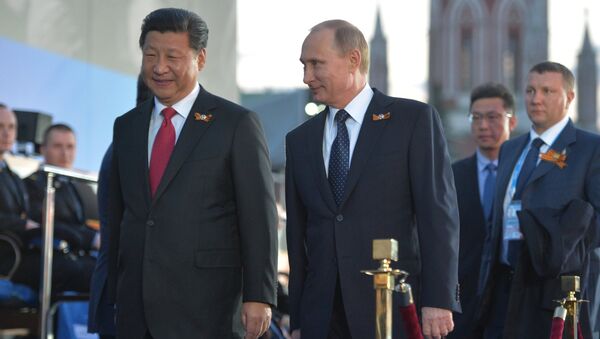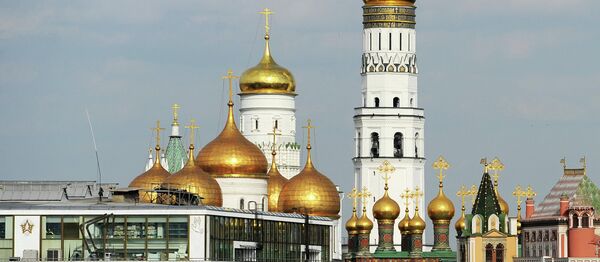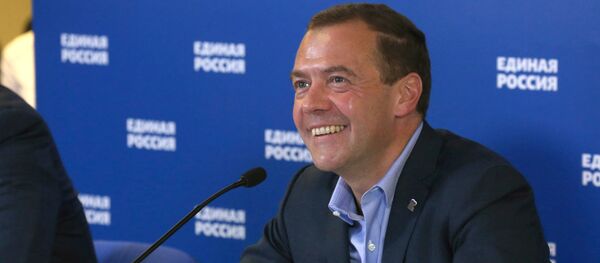The US in turn has retreated into semi-isolation, leaving behind troubling zones mired in instability and crises, according to the author.
"As I have long argued, Russia was never likely to yield. After being pushed to the wall by more than two decades of Western expansion – be it European Union or NATO enlargement – into a part of Europe that it considers vital to its national security, Russians believe that they have the moral high ground in defending their interests," he wrote.
Meanwhile he underscored that no one can claim advantage of this "atmosphere of mutual distrust" and both sides need to find a solution.
Karaganov explained that despite the fact that the West won the Cold War now it "seems not only to have lost the peace, but is on the verge of re-dividing Europe."
"And this is occurring at a time when the entire continent, including Russia and many other Eurasian states, is facing the threat of Islamic extremism," he added.
The analyst explained that the era of European global dominance is coming to an end, and the reality is that now the world is multipolar.
However, this too may prove temporary as two new geopolitical blocs are gaining momentum, the author wrote. The first forms around the US and its ambitions include the Trans-Pacific Partnership and the Transatlantic Trade and Investment partnership.
"The question is whether this Greater Eurasia can help Europe find a way through its current security impasse. Some in Europe will doubtless prefer to strengthen the Organization for Security and Cooperation in Europe – but the truth is that the OSCE, burdened by its Cold War history and its failure to secure the post-Cold War peace, is too tarnished to play a decisive role," Karaganov wrote.
An alternative might be a dialogue between the EU and the EEU, even with the creation of a common economic space from Shanghai to Lisbon in a long-term perspective, he pointed out.
"The failure of the old framework demands an effort to create a new one, beginning with a dialogue on Eurasian development cooperation and security that involves China and both Eurasian and European countries," the article read.
"The remaining question in such a scenario concerns the role of the US. Does it really want to remain in semi-isolation, hoping to be called back to center stage at some unlikely 'unipolar moment' in the future? Let us hope for an America ready to act as a responsible player in a fairer world," the author concluded.



